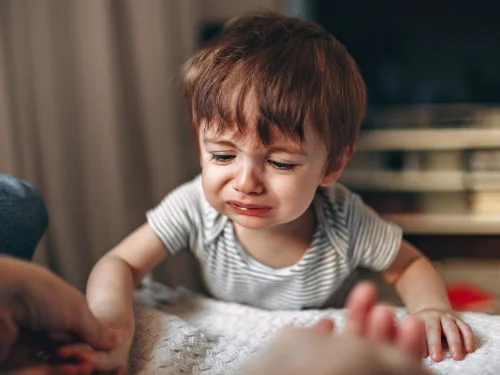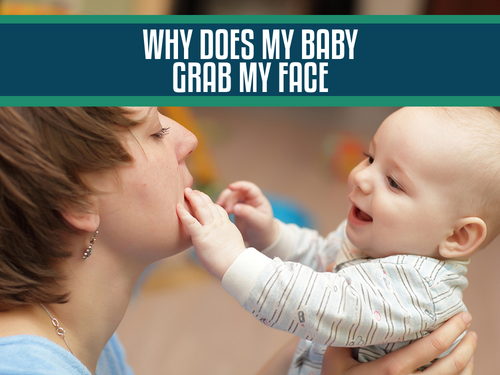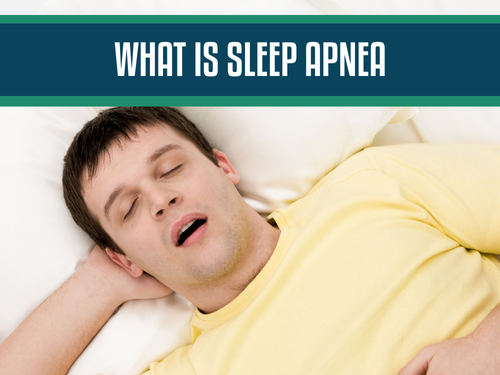Canker Sores in Kids: Causes, Symptoms, and Relief

Yes—finger plays, clapping games, and dance routines that use hand gestures all help. Combine rhythm and repetition for deeper learning.
Send home simple activity ideas, kits, or worksheets. Offer short instructions and encourage family involvement. Regular practice builds lasting progress.
Try origami, sticker scenes, stringing pasta, or painting with Q-tips. Crafts that use small pieces build precision and control.
Canker sores, also called aphthous ulcers, are small, painful spots that appear inside the mouth. They can show up on the inside of the cheeks, lips, tongue, or gums. Unlike cold sores, which are caused by a virus and are contagious, canker sores are not contagious.
Most canker sores heal on their own in about 1–2 weeks, but they can still make daily activities—like eating or brushing teeth—very uncomfortable.
Signs and Symptoms
Canker sores are usually easy to spot. Look out for:
- Small white or yellow sores with a red border
- Pain or burning before the sore appears
- Trouble eating, drinking, or talking because of the pain
- Usually no fever (most kids with canker sores don’t run a temperature)
These sores often show up one at a time, but sometimes kids may get a small cluster. The first few days are usually the most painful.
What Causes Canker Sores in Kids?
Doctors don’t know the exact cause, but many factors can trigger them:
- Mouth injuries: Accidentally biting the cheek, brushing too hard, or irritation from braces.
- Nutritional gaps: Low levels of iron, folic acid, or vitamin B12.
- Food triggers: Citrus fruits, chocolate, nuts, salty snacks, or spicy foods.
- Stress: Emotional stress or tiredness can increase risk.
- Family history: Canker sores tend to run in families.
- Toothpaste ingredients: Some kids react to sodium lauryl sulfate (SLS), found in many toothpastes.
How Are Canker Sores Diagnosed?
In most cases, your child’s doctor or dentist can diagnose canker sores with just a physical exam.
Testing may be needed if:
- The sores last longer than 2 weeks
- They keep coming back
- Your child has trouble eating or drinking
Tests may include bloodwork to check vitamin levels or other conditions linked to recurring sores.
Treatment and Home Care
Most canker sores heal on their own, but you can help ease your child’s discomfort at home:
- Give soft, bland foods like yogurt, applesauce, or mashed potatoes.
- Offer cold drinks, ice chips, or frozen popsicles for pain relief.
- Avoid spicy, salty, or acidic foods that can irritate the sore.
- Switch to a soft-bristle toothbrush and gentle toothpaste without SLS.
- Rinse with a mild baking soda and water solution (1 tsp in 8 oz warm water).
If needed, your child’s doctor may suggest:
- Over-the-counter pain relievers (ibuprofen or acetaminophen)
- Special mouth rinses or topical gels to reduce pain
- Prescription treatments for frequent or severe sores
When to Call a Doctor
See your child’s healthcare provider if:
- The sores last more than 2 weeks
- They are very large or extremely painful
- Your child can’t eat or drink because of the pain
- The sores come back more than 3 times a year
You May Also Like: How to Hydrate a Child That Won’t Drink and Avoid Dehydration
Helping Your Child Prevent Canker Sores
While not all canker sores can be prevented, these tips may help reduce them:
- Keep your child’s diet balanced with enough vitamins and minerals.
- Teach gentle brushing habits and use a soft toothbrush.
- Reduce stress with rest, play, and calming activities.
- Avoid food triggers if you notice a pattern.
You May Also Like: How Often Should Children Take a Bath? Tips for Babies to Teens
FAQs About Canker Sores in Kids
Are canker sores contagious?
No. Unlike cold sores, canker sores cannot spread from child to child.
How long do canker sores last in kids?
Most heal within 7–14 days without leaving a scar.
Can braces cause canker sores?
Yes. Braces or dental appliances can irritate the inside of the mouth and trigger sores.
What’s the difference between a cold sore and a canker sore?
Cold sores are caused by a virus, appear outside the mouth, and are contagious. Canker sores are inside the mouth and not contagious.
Should I worry if my child gets frequent canker sores?
Frequent or very painful sores may point to vitamin deficiencies, food allergies, or other health issues. A doctor should evaluate repeated outbreaks.
You May Also Like: Why Do Kids Have So Much Energy? What Parents Need to Know




